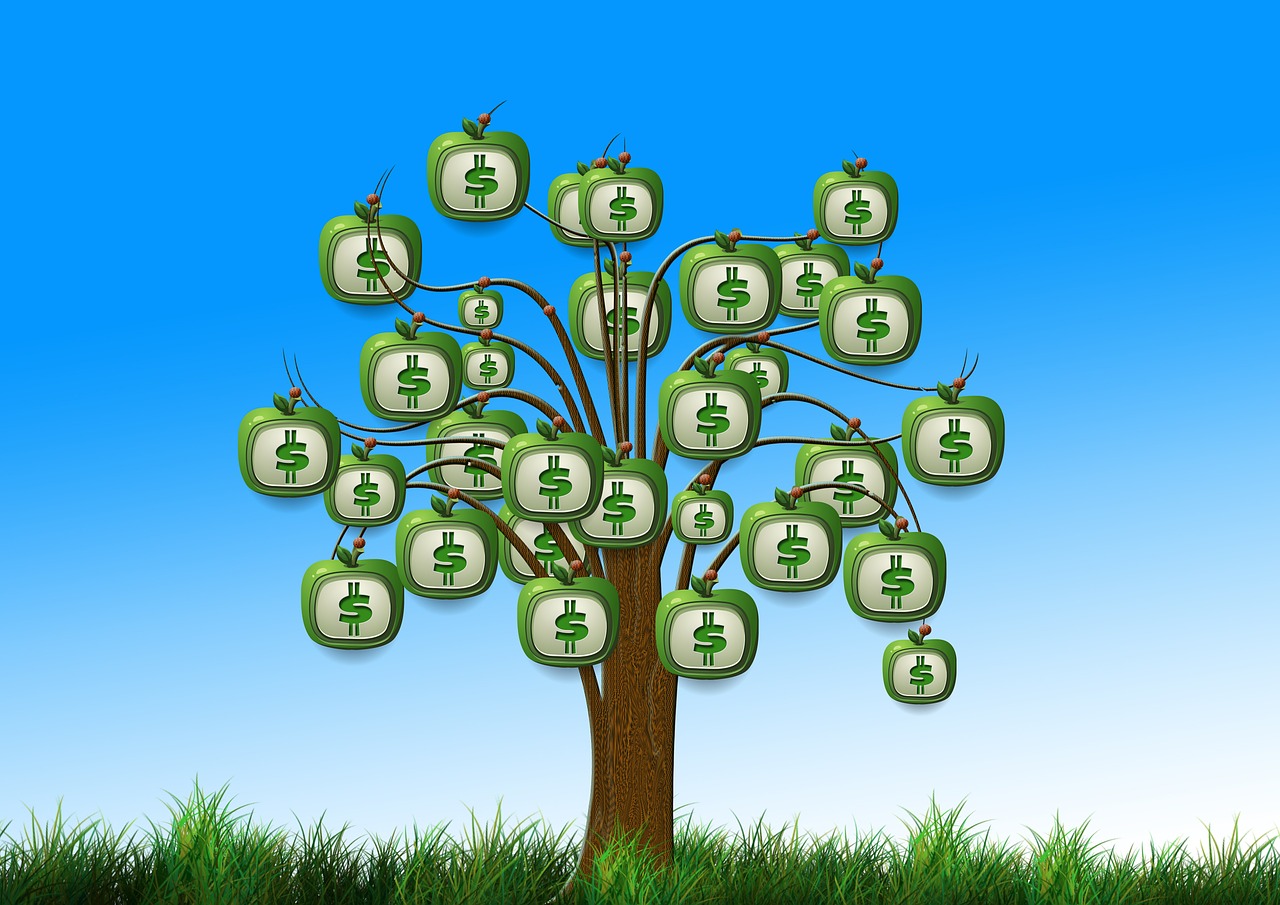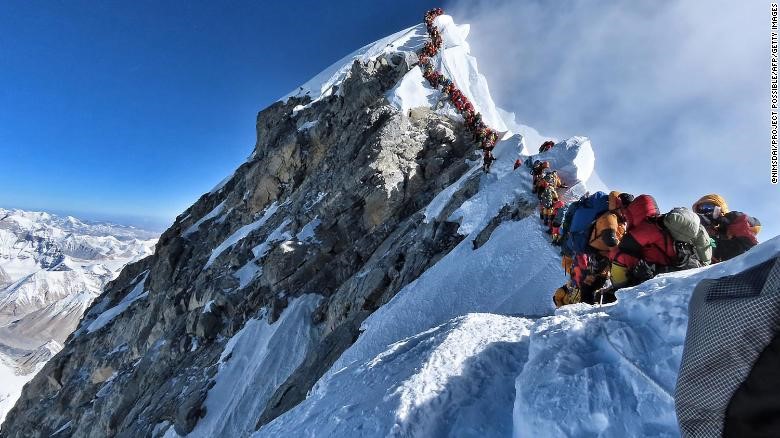The battle against global poverty has been going on for decades now and has been a topic of debate amongst various personalities including politicians and celebrities. Yet, as we all know, the problem remains. The book, ‘Poor Economics’ by Abhijit V. Banerjee and Esther Duflo, tries to explain a few reasons as to why the problem seems to be ubiquitous, especially in third world countries.







